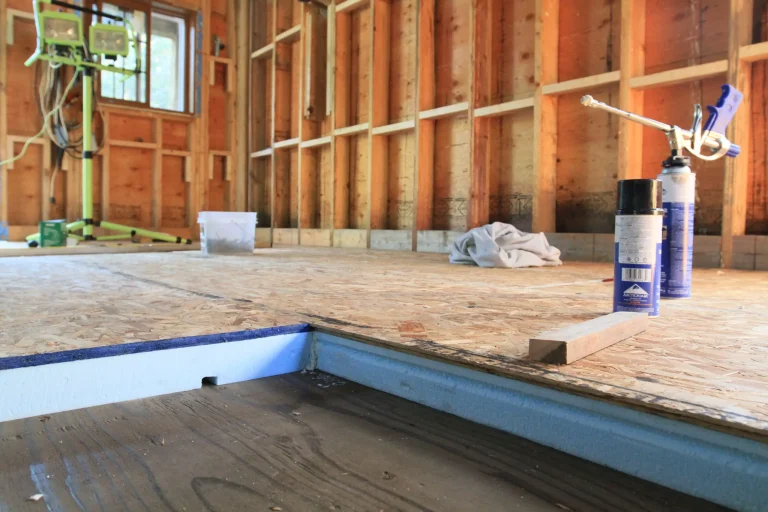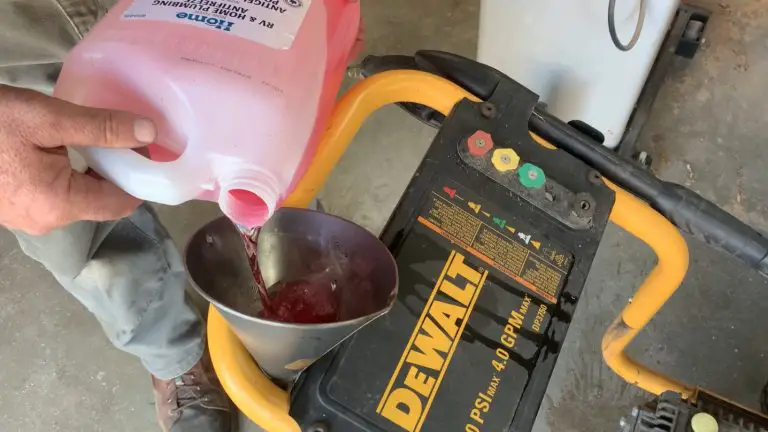
If you’re interested in personal success with your self-directed ventures – hands-on or otherwise – then something I call “personal RPM” is worth understanding. I’m borrowing this term from the world of mechanics and motors, with RPM standing for revolutions per minute of an engine crankshaft. This is an effective metaphor for something that goes beyond the mechanical.
Work Life & Personal RPM
When people ask me what I do for a living, the conversation usually goes something like this . . . For the last 35+ years I’ve supported my wife and five kids with a combination of digital work online creating articles and videos, plus hands-on manual labour on a rural island homestead in Canada. I don’t have a boss and I don’t leave the property to earn money unless I want to. My schedule is flexible enough that I can take an afternoon off to go to the beach with my kids sometimes, and if I get tired of doing one kind of work I can always switch to something completely different while staying productive. I grew up in the city and so far things are working out for us here in the country fine. I’m thankful.
A lot of people like the sounds of this lifestyle, and some even try a boss-free, independent, rural lifestyle themselves. But I’ve been around long enough to see people attempt but fail in their dreams of an independent work life more often than folks succeed, and it’s helpful to analyze why.
One of the biggest factors is what I call “personal RPM”. Think engine speed and revolutions per minute and you’ll know where I’m coming from. Slow RPM starves the dream but too fast RPM burns it out. This applies to more than just peculiar people like me with non-standard lifestyles. As usual in life, a balance is what’s needed for success no matter how you want to live.
Why Independence Dies
Most of the people I’ve seen fail in their attempt to build a boss-free, modern rural lifestyle fail simply because they move too slowly and get too little done in a day. Sounds crazy but it’s true. They’re like my 1953 Farmall Super H tractor that you see me driving in the photo above. It chugs along at a pleasant and laid-back 1650 RPM at full throttle. That’s fine for a tractor old enough to receive a pension (this thing is 71 years old as of this writing, after all), but not a good example of personal speed and productivity today.
As a teenager, my own tendency was towards too slow a personal RPM – too careful and not productivity-minded enough. Working on a farm and later as a commercial carpenter forming concrete, then later as a cabinetmaker in a woodworking shop – all this taught me what it means to move quickly and productively as a matter of habit while also maintaining a high level of quality. Working fast and working well seemed like an extra exertion to me at the time. Now it’s just normal.
So, what does slow RPM look like in the world of self-directed living? Too much pointless talk, too much socializing, too much irrelevant thinking and too long mesmerized by entertainment coming from screens are common pitfalls. The inability to maintain a profitable pace without that pace being set by a boss in a formal work situation is usually the root of the problem for most people that I see fail at self-directed living. Even the walking pace of low RPM people tells the tale. Taking twice as long as it should walking to and from the workshop to the garden to the wood pile day after day adds up. Eventually, low RPM catches up in the form of jobs not getting done, relationships strained, and bank balances dipping too low (or even going negative). I can think of three specific cases where marriages and families broke up in ugly ways primarily because fathers and husbands simply weren’t productive enough nor decisive enough. Low RPM is a killer, especially when it exists in the life of the main breadwinner.
Causes of Slow RPM
Why is it so common to fall into low productivity in the absence of a boss and a formal work structure? I suspect it’s because almost everyone grows up with someone else setting the pace for them. Take school, for instance. It’s an environment where the boss (teacher) tells you what to learn, how to learn it and how fast you’re expected to figure things out before moving on to something else. There is almost no truly self-directed activities in any school that I’ve seen. After formative years of this, most people move into a structured work situation where it’s very rare to be rewarded in full measure for how effectively you make good things happen. People often fail to direct themselves properly because most areas of life don’t demand it. But the way I figure it, if I don’t work productively enough for myself, economic necessity will force me to work productively for someone else, labouring to make their dream happen on their terms instead of my own. And I’ll take being my own boss any day, whatever it takes.
Beware Red-Lining
Red-lining is an engine term again. Too high RPM puts the tachometer needle in the red zone, with massive damage about to happen to the motor because it’s spinning too fast. This applies to people and work, too. If you rev too high for too long you’ll burn yourself out, missing too many important details and losing the joy of life. It’s not that super-high personal RPM gets a lot done in the long run, either. Having too many balls in the air usually means you’ll drop some. Revving too high for too long and missed details causes your reputation to fall as you let people down. Burned out health and relationships will put you on the sidelines, too.
Most of the most successful hands-on people I know spin at a nice, steady 2500 to 3000 RPM, to continue my engine analogy. They’re still far enough from the red line that they won’t blow a connecting rod or bend a valve, but they always seem to operate with a sane but persistent level of high output urgency. They remind me of a big bore V-twin motorcycle engine on the open road as you drive for hours at speed down the highway. The output is high, the engine is hot, but it just keeps on putting out hour after hour. In my own case, my weekly rhythm is simple but steady. I work six days a week (except when I want to sneak off to the beach on a sunny summer afternoon with kids) and I always take Sundays off completely – both physically as well as mentally. The work I do here on my Manitoulin Island, Canada homestead is almost always something I enjoy, so it takes discipline sometimes to take Sundays off. For me restraint means not revving too high for too long.
Self-directed hard work and initiative like this, within a free market situation, has done more than anything else to allow millions of people to pull themselves out of poverty and into greater comfort and security world wide. Despite the tendency of governments everywhere to further the nanny state, and the storytelling of “progressives” that are trying to repackage communism for a new generation, simple numbers show that poverty plummets in formerly-poor countries where people are free to pursue their own work and have the chance to rev up personal RPM to optimum levels.
But the world isn’t sentimental either. It doesn’t care how nice you are or how passionate you feel about your work or dreams for independent living. The bottom line is efficiently doing enough of the kind of work that matters, and doing it at the right pace. And from what I’ve seen, the “enough” part has a lot to do with consistently hitting the right personal RPM as a matter of habit.












